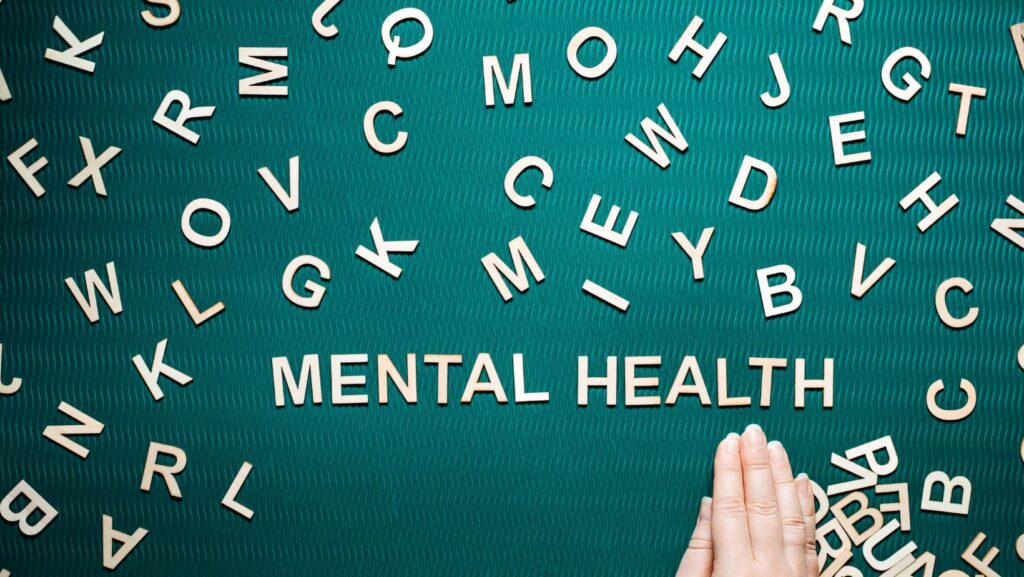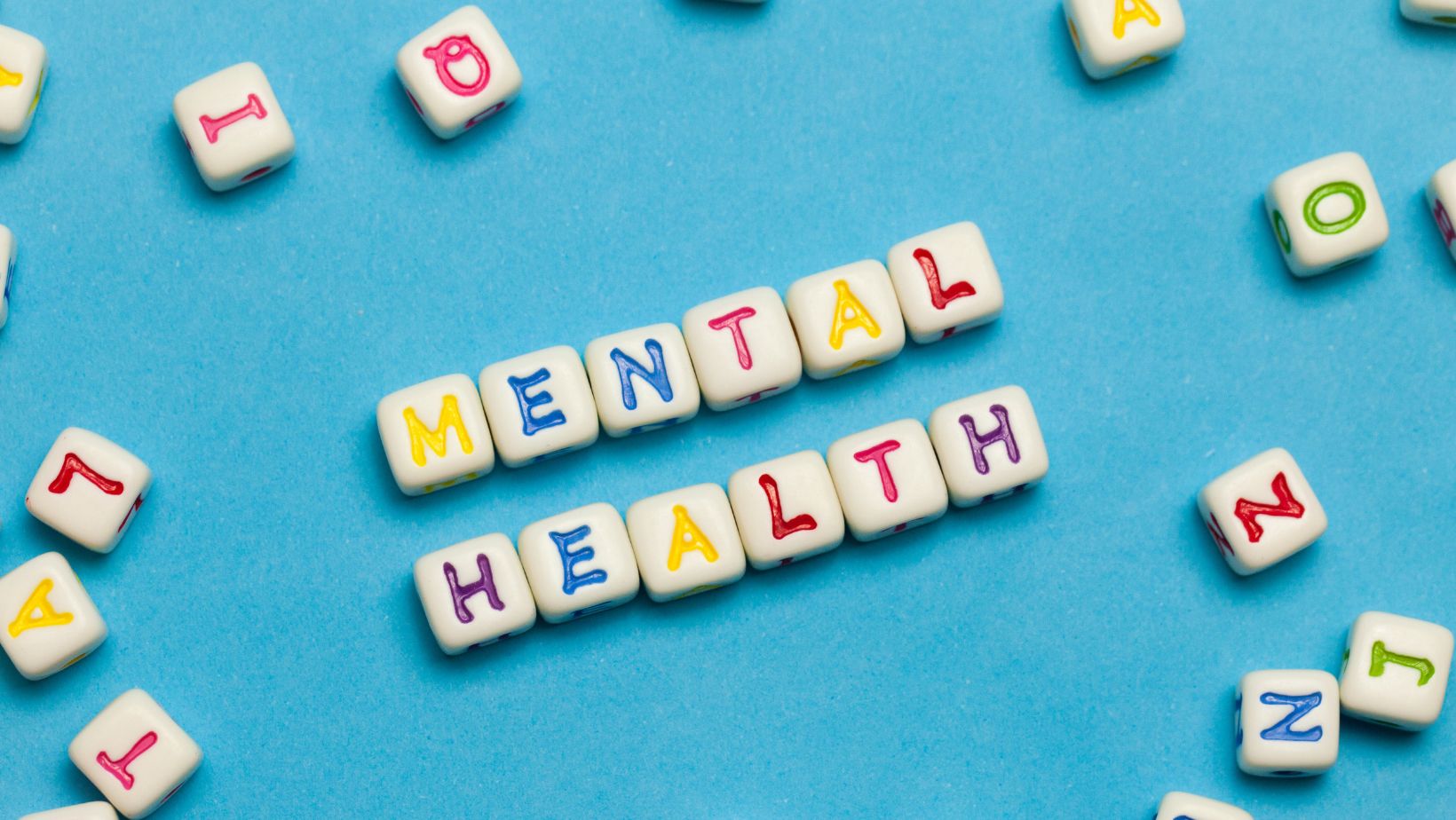
Music has long been recognized for its power to evoke emotions, inspire creativity, and bring people together. In recent years, music therapy has emerged as a vital tool in the field of mental health, offering therapeutic benefits for individuals dealing with various mental health issues. By leveraging the profound impact of music on the brain and emotions, music therapy provides a unique and effective approach to mental health treatment.
Therapeutic Goals: The primary goals of music therapy are to improve mental health, enhance cognitive function, foster emotional expression, and promote social interaction. It can be tailored to meet the specific needs of individuals, making it a versatile tool in mental health treatment.
Benefits of Music Therapy for Mental Health
Music therapy offers numerous benefits for mental health, addressing a wide range of conditions and symptoms. Here are some key advantages:
1. Reducing Anxiety and Stress
Music has a calming effect on the mind and body, making it an effective tool for reducing anxiety and stress. Listening to soothing music can lower heart rate, blood pressure, and cortisol levels, promoting relaxation and tranquility. Music therapy sessions often incorporate techniques such as guided imagery and progressive relaxation to help individuals manage stress and anxiety more effectively.
2. Alleviating Depression
Music therapy can significantly impact individuals suffering from depression. Engaging in music-making activities or singing can elevate mood. Additionally, music therapy encourages emotional expression, helping individuals process and articulate their feelings, which is essential for alleviating depressive symptoms.
3. Enhancing Cognitive Function
For individuals with cognitive impairments, such as dementia or brain injuries, music therapy can enhance cognitive function and memory. Music activates neural pathways associated with memory, attention, and executive function. Activities like musical improvisation and songwriting can stimulate cognitive processes and improve mental clarity.
4. Improving Emotional Expression
Through songwriting, improvisation, or simply listening to music, individuals can explore and convey their emotions in a safe and supportive environment.
5. Promoting Social Interaction
Music therapy can enhance social skills and promote social interaction, particularly in group settings.

Group music therapy sessions encourage collaboration, communication, and mutual support. These interactions can help individuals build relationships, improve social confidence, and reduce feelings of isolation.
6. Managing Pain and Discomfort
For individuals dealing with chronic pain or medical conditions, music therapy can serve as a valuable adjunct to pain management. Music can distract from pain, provide comfort, and reduce the perception of discomfort. Techniques such as rhythmic entrainment can synchronize bodily functions and promote relaxation, further alleviating pain.
Applications of Music Therapy in Mental Health
Music therapy is used to address a variety of mental health conditions and is adaptable to different therapeutic contexts. Some common applications include:
1. Treatment of PTSD
For individuals with post-traumatic stress disorder (PTSD), music therapy can help process traumatic memories and reduce symptoms like hyperarousal and intrusive thoughts. Techniques such as guided imagery and music (GIM) can create a safe space for exploring and integrating traumatic experiences.
2. Support for Autism Spectrum Disorder
Music therapy is particularly effective for individuals with autism spectrum disorder (ASD). It can enhance communication, social interaction, and sensory processing.

Music therapy sessions often focus on improving verbal and non-verbal communication, increasing attention span, and fostering social engagement.
3. Assistance in Substance Abuse Recovery
Music therapy can be a powerful tool in substance abuse recovery programs. It provides a healthy outlet for emotional expression, reduces stress, and promotes positive coping strategies. Music therapy can also help individuals build a sense of identity and purpose, which is crucial for long-term recovery.
4. Aid in Alzheimer’s and Dementia Care
For individuals with Alzheimer’s disease and dementia, music therapy can improve cognitive function, reduce agitation, and enhance quality of life. Familiar songs and rhythms can evoke memories and emotions, providing a sense of continuity and connection for individuals with memory loss.
5. Support for Anxiety and Mood Disorders
Music therapy is widely used to support individuals with anxiety and mood disorders. Techniques such as active music-making, relaxation exercises, and guided listening can help reduce anxiety, stabilize mood, and improve overall emotional well-being.
Music therapy offers a versatile and effective approach to addressing a wide range of mental health issues.










